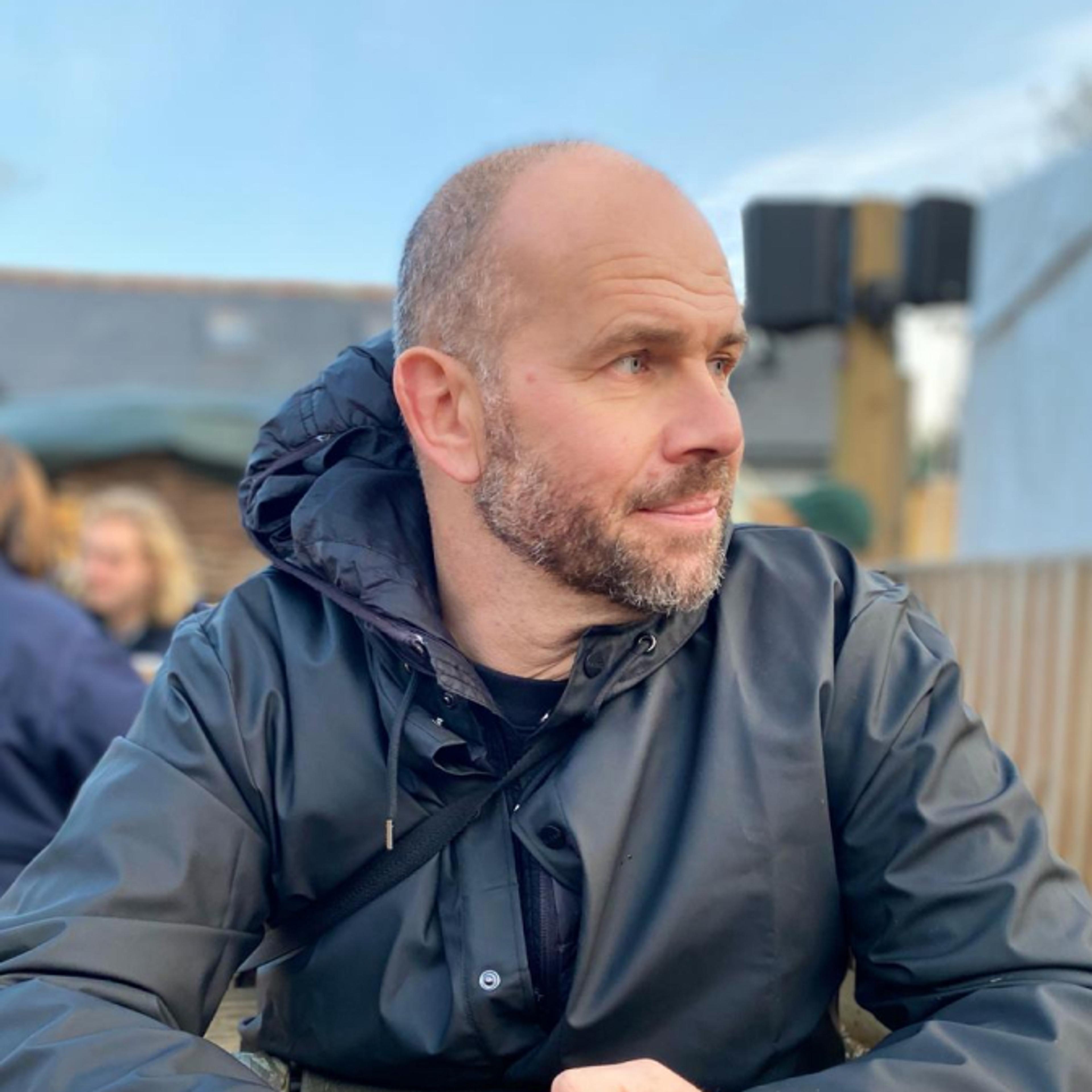Has covid eased some divisions?

Rog Harrison
25.06.2021

This week marked the five-year anniversary of the Brexit vote in the UK. The 23rd of June 2016 was a cataclysmic moment for Britain, our differences on a single issue exposed a deeper fissure in our country and – well, you know the rest. On an occasion like this, you’d expect Remainers to be demonstrating on the streets, calling forlornly for a ‘people’s vote’ (which would see us quietly back in the EU without much fuss). Those who voted Leave, you’d imagine would be putting out the bunting and serving an array of independence themed desserts – Eton (Brexit) Mess, anyone?
But this week passed with neither outrage nor fanfare. There seemed to be no planning of demonstrations for or against Brexit in our cities, which in the past have provided residents with a noisy manifestation of our fractured times. So should we tentatively conclude that we aren’t as divided as we once were?
There are signs that we might not be as polarised as we like to believe, and some attribute the covid year and its aftermath as the improving factor here. According to research by More in Common, a think tank, British society has become more accepting after covid. The company reckons that – broadly speaking – the pandemic delivered a relatable single experience. This provided everyone with a degree of common ground, even when the virus impacted different groups with varying degrees of severity. According to a recent report, 55 percent of people in Britain feel that our concern for each other has improved as a result of Covid-19. Meanwhile, 58 per cent of people reported an increased awareness of the living conditions of others.
Stats like these show a nascent uptick rather than a sea change, but they make for encouraging reading all the same. What’s also buoying is the way the pandemic has changed the demographic makeup of the country. Professional services giant PwC predicted this year that London’s population would decline for the first time in the 21st century and young professionals are spilling out of big cities around the country. While it’s a punt to predict how this will shape the UK in the long term, it might alleviate the polarisation between different views in our big cities. More people with contrasting ideas living closer to one another might work as an antidote to the groupthink that caused these divides in the first place.
At Neverbland, we’re cheered at the prospect of working with a far more distributed group of employees that provide a view into areas of the whole country we didn’t interface with on a daily basis in London before. However, the growing pains associated with people flooding out of cities and disrupting rural idyls shouldn’t be discounted, either.
Five years ago, a single political event exposed our differences and changed our country forever. It became harder to tolerate the views of others if they didn’t align with your own. Will the shock of the covid year teach us to listen to each other again? Nobody can know the answer to this question, but I hope that – in some corners – it does.
Related articles

Reaching your Peak Potential
4 min read


